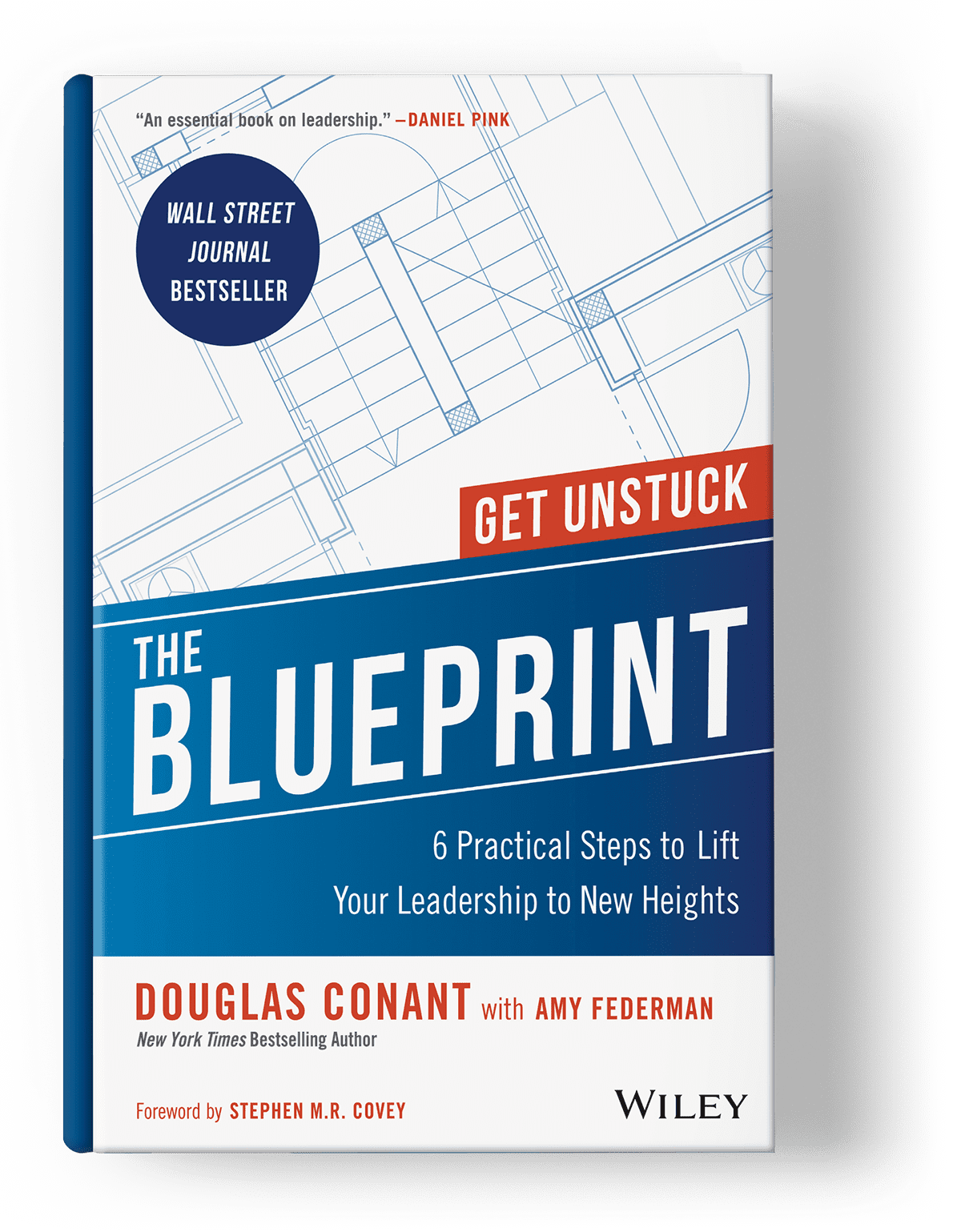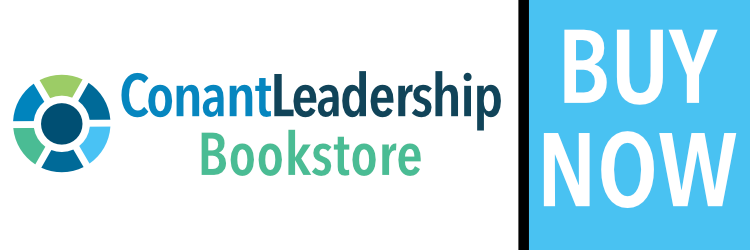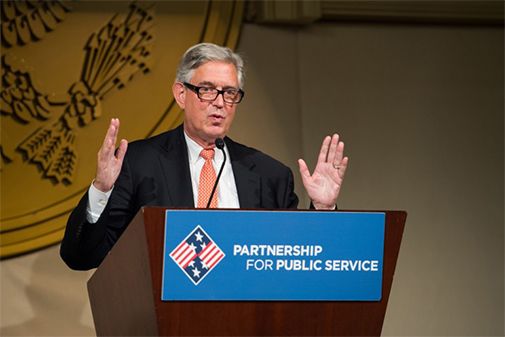Almost 35 years ago I was unexpectedly fired from a job I thought I was performing well in and quite enjoyed. At the time, it left me crushed. But I’m grateful for it because it led to me meeting an outplacement counselor, Neil MacKenna, who would become a valued mentor to me. Neil taught me many lessons including the power of kindness and the practice of always asking, “how can I help?” I’ve carried this lesson with me in every moment since.
Over 40 years ago, on my first performance review at my first job, my boss’ boss wrote one damning sentence, “you should look for another job.” It stung. But I’m grateful for it because it taught me about the complicated and tough demands of the workplace and the importance of perseverance in the face of adversity. Thankfully, I was able to recover, remain at the job, and improve my performance.
Nearly 45 years ago, overwhelmed with my school and job workload, I came unprepared to class at business school at the Kellogg School at Northwestern. I got called on by the professor, whom I admired (Ram Charan), and stumbled through a bumbling answer in front of everyone. Wasn’t my finest moment but I’m grateful for it because, after class, it led to that same professor giving me some much needed straight talk that stuck with me for the rest of my life, “You can do better.”
Almost ten years ago while I was still CEO of Campbell Soup Company, I was in a life-threatening car accident that ruptured my torso. When I awoke after hours and hours of surgery, my wife was with me holding my hand, saying, “I’m right here.” Although I had been unconscious for what had seemed like an eternity, she never once left my side. The experience was harrowing and created physical complications that last to this day — but I’m grateful for it because it showed me how lucky I am to have the undying support and love of my wife, reaffirmed important lessons about leadership to me, and reinvigorated my zest for life; it’s so short and so precious.
The Gratitude Mindset
I share all of these challenging experiences with you now for a reason. I could have shared a list of my triumphs and fondest memories and talked about how thankful I am for the many blessings I’ve received on my journey. And I am grateful. But that would not help illustrate my point. It is easy to be grateful when things are going well, when we’re on top of the world, when we’re marching unimpeded towards our goals. I have found it’s much more difficult to remain in a state of gratitude when we are plunged into the depths of turmoil or difficulty. But practicing the ability to do so, to remain thankful even when the weather in our life gets stormy, makes all the difference.
We so often think of gratitude within the narrow framework of merely giving and/or saying thanks. (And, of course, that straightforward understanding of gratitude is essential to leading effectively. People need to hear the sentiment of “thank you” and feel it from their leaders. It does not go without saying. As I often say to anyone who will listen, you can’t expect extraordinary effort and performance without creating an environment where people are extraordinarily valued. But that’s a topic for a different post.)
In my experience, gratitude extends far beyond our utterances of thanks and written expressions of appreciation. To truly lead with gratitude and reap all the abundance it can bring, you have to change your way of thinking. To unlock a life of learning, joy, and influencing others effectively, it’s helpful to understand that leading with gratitude is not a single action or set of practices, it’s a mindset – it’s a spirit that helps you to recover from setbacks, to reframe challenges as opportunities, to seek more creative resolutions to problems, and to value people more fully.
Showing Up for Others
Maya Angelou famously said that we need courage first before we can practice any other virtue, that without courage we can’t be, “kind, true, merciful, generous or honest.” In a similar spirit, gratitude is the parent to many of the leadership virtues we need to leave a legacy of positive contribution and succeed in a fiercely complex world. We can’t show up for others, build trust, innovate, or create organizational vitality without it. Without gratitude, we are impeded and operating from a place of scarcity that inhibits our abilities.
Similarly, I’ve often heard the aphorism that, “you can’t pour from an empty cup.” It means that to give your best to the people around you, you have to take care of yourself first. But it also has implications for leadership because it means that you are most alert, able to solve problems, and be present for others when you approach situations from a place of feeling full and grateful rather than feeling limited, depleted, or “empty.”
You can’t pour from an empty cup.
Think of the difference in impact in these two scenarios: somebody comes to your door with a problem and you, harried and rushed, shoo them away because you just don’t have enough hours in the day. You’re stressed and it shows. They leave feeling dismissed and grouchy. In their next interaction, they mimic your energy, not giving fully of themselves, their insight, or their skill. Productivity is stunted and morale is dampened.
Or, somebody comes to your door with an issue and you, coming from a place of generosity and bountiful ability to contribute (even if you’re stressed), say something welcoming like, “I always have time for you” and wave them in. Even if you have to set parameters like a hard stop in 15 or that you have to jump on a call in 5 minutes, because you are pouring from a full and grateful cup — they feel heard. Approaching the interaction from a place of plentitude, you quickly help them advance the agenda and get on with your day. That person then carries that generosity of spirit with them to their next interaction and things get done more quickly, more efficiently.
The more you repeat this behavior, the better it gets. Exponentially, the way you show up from a place of being full rather than empty trickles throughout the organization. People begin to see possibilities as opposed to obstacles. The place pulses with energy and vitality. Everything feels alive and performance improves. Powerful stuff.
Of course, you won’t be able to do give fully of yourself in every instance. Sometimes it’s just not possible. Or, at first, you might not have practiced enough to build the gratitude mindset into your behavior. But it’s worth it to try. Building up a baseline temperament of being aware of your capacity to share your gifts and insight, grateful for your ability to leverage your skills to make a difference, and fortified by all the lessons you’ve learned in your life thus far can help you to be the best leader you can be. This is all essential to what I consider a “gratitude mindset.”
Practice Makes Progress
You can’t cultivate a gratitude mindset overnight. Like anything worthwhile, leading with gratitude takes practice. But you can get better quickly. The next time you’re faced with murky waters, a sizeable obstacle, or a hairy conundrum – rather than defaulting to limiting thinking about how hard it is, how you don’t have the resources to address it or thinking of all the barriers to resolving it – instead, take a breath.
Think of all the abilities you do have, take stock of the resources that are at your disposal, reflect on the other times in your life when things seemed insurmountable and you did persevere. Pause. Ask yourself, what lesson can you learn from the hurdle in front of you? Suddenly, you might find it feels that you are awash in possibility rather than restrictions. Why? Because, with intention, you’ve made yourself alert to the abundance of potential, growth, and ability at your disposal. The more you do it, the easier it gets, and the quicker you can learn to default to a gratitude mindset when times get tough (as they inevitably will). Eventually, you will train yourself to remember that no matter what tumult is thrown in your path, you always have a choice in how you respond.
Another helpful practice can be keeping a gratitude journal. Each day, or each week, if that’s more manageable with your busy schedule, simply write three things you are thankful for. It can be as basic as having running water, or as monumental as your relationship with your family or the great team you can rely on at work. The more you do this, the fuller your “cup” gets, and the more you can “pour” out a positive impact on those around you and leave a legacy of service and success.
Leading with gratitude takes practice.
Remember, a limiting mindset thinks it knows best, struggles to see opportunities, is risk averse, and focused on reasons why things can’t be done. A gratitude mindset believes in what’s possible, is thankful for the opportunity, honors other people’s viewpoint and input, and seeks the best, most abundant, and creative solutions. This week is a perfect starting point to begin anew on your leadership journey, armed with a gratitude mindset. Just imagine – what might you be able to accomplish when you’re anchored in a full and resplendent foundation of gratitude? What difference can you make? Whose life can you touch, what colleague can you inspire? What goals can you surpass? The possibilities are limitless and gratitude is contagious. I’m here with you, rooting for you – I know you can do it.
In the spirit of the season, if you feel so inclined to get a jumpstart on your gratitude practice, share 1-3 things you’re grateful for this week in the comments. I’ll go first: 1) the opportunity to spend time with my family, 2) the continued engagement of the ConantLeadership community, 3) the hardworking team in our Philadelphia offices. What about you?
Looking for more posts on Gratitude? Check out 4 Powerful Ways to Value People Beyond Saying Thank You and 10 Powerful Ways to Give Thanks with Your Leadership
(Photo by manu schwendener on Unsplash)






0 Comments